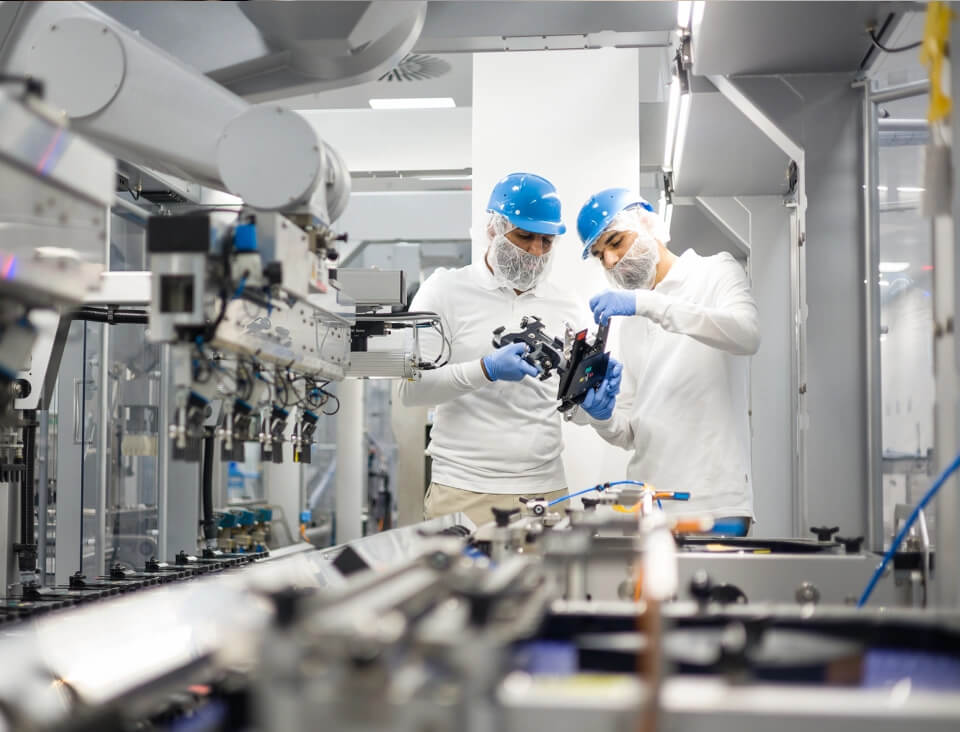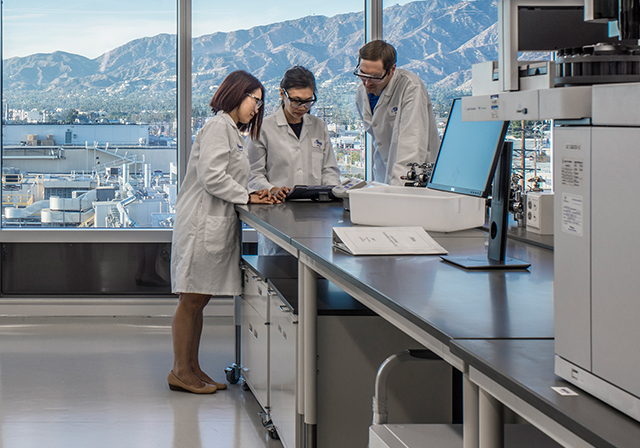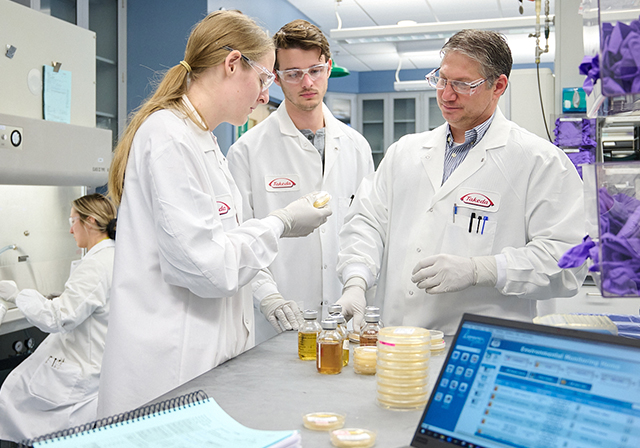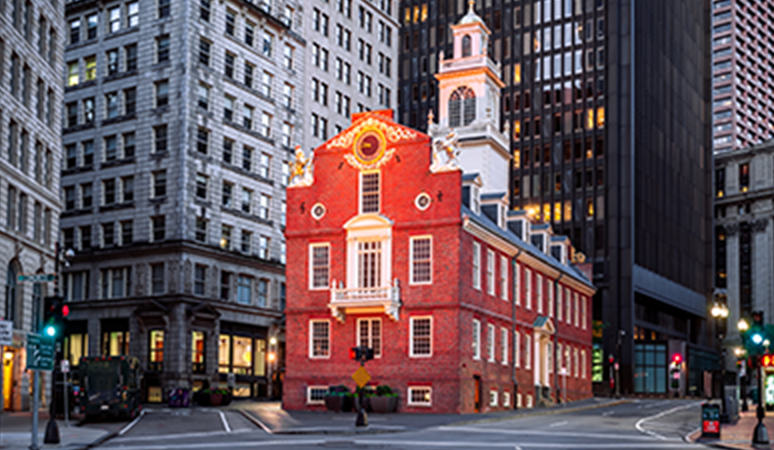Realize your potential. Enable our purpose.
We’ve been improving healthcare around the globe for 240 years and counting. Being able to deliver life-transforming treatments to patients in every corner of the world motivates each of us every day. Our shared values serve as a guide on our mission to create better health and a brighter future. Join us and pursue new possibilities for patients while discovering new opportunities to grow your career on a globally diverse team.
Career areas
From R&D to Manufacturing, Corporate Functions to Commercial, and every team in between, everyone’s contributions at Takeda make a meaningful impact in pursuit of new possibilities for patients, our people and the planet.
Locations
With a presence in more than 80 countries, Takeda is a truly global and diverse organization.
Shared values. Empowered by collaboration.
Across all parts of our business and in every corner of the world, our people remain steadfast in their commitment to our values. They serve as a guide in every decision we make and ensure we prioritize our Patient-Trust-Reputation-Business, in that order, every day to ensure we do what’s right and remain true to our mission.
Diversity, Equity & Inclusion
At Takeda, we embrace and celebrate diversity, while striving to give patients and our people equitable access to opportunities that help them achieve their full potential. We take a values-based approach to inclusive patient experiences, inclusive work environments, workforce diversity and sustainable societal impact. We believe that diverse perspectives and experiences are key drivers of innovation. This starts with fostering an environment that creates a sense of belonging, allowing not only for everyone to have a voice, but a voice that is heard and valued.
Driving Innovation.
Revolutionizing Healthcare.
We support a culture of an ever-evolving digital mindset that fosters relentless innovation and solutions-oriented thinking. This commitment to digital, data and technology transformation can be found across every part of our business.
Learn more about our commitment to digital, data, and technology transformation








































